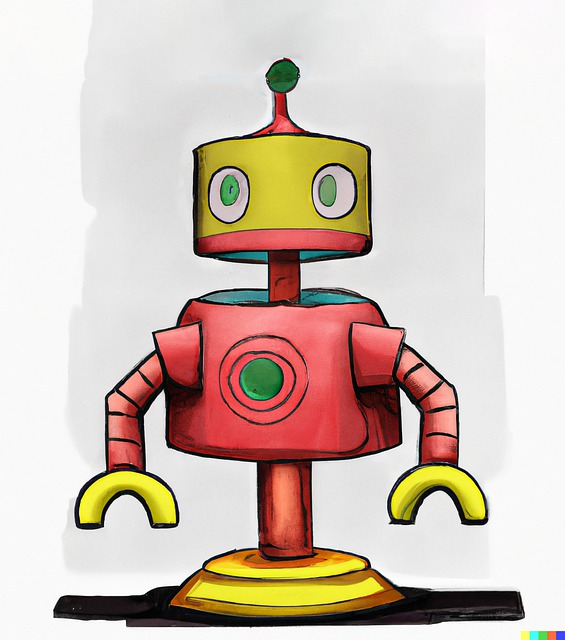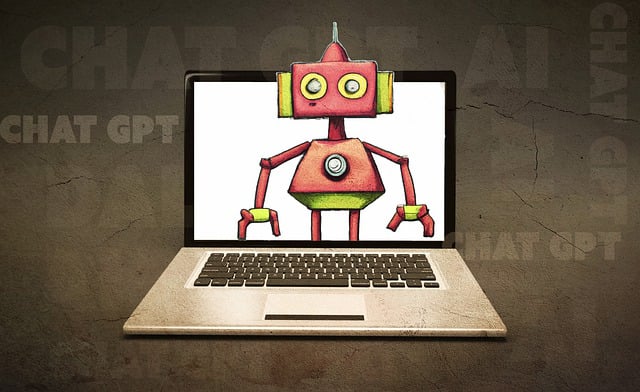Exploring AI Technology’s Possibilities
Artificial intelligence (AI) technology has been around for decades, but its potential applications and implications are just now being explored. AI has been used in a variety of industries, from medical and financial services to retail and manufacturing. As AI technology continues to evolve, its potential for transforming the way we live and work is becoming more and more evident. In this article, we will explore the possibilities of AI technology, its current applications, and its future potential.
The Basics of AI Technology
At its core, AI technology is a form of computer programming that enables machines to “think” and act in ways that are similar to humans. AI technology is based on the idea of “machine learning,” which is the ability of a computer to learn from its experiences and use that knowledge to improve its performance. This means that AI can be used to automate processes, predict outcomes, and even make decisions.
AI technology is based on algorithms, which are sets of instructions that tell a computer how to carry out a task. These algorithms can be used to analyze data and identify patterns, allowing a machine to “learn” from its experiences and make decisions based on its findings.
Current Applications of AI Technology
AI technology is already being used in a variety of industries, from healthcare and finance to retail and manufacturing. AI is being used to automate processes, predict outcomes, and make decisions.
In the healthcare industry, AI technology is being used to diagnose diseases, monitor patient health, and provide personalized treatments. AI is also being used to automate administrative tasks, such as scheduling appointments and tracking patient records.
In the financial services industry, AI is being used to analyze customer data and identify trends, allowing banks and other financial institutions to better serve their customers. AI is also being used to automate processes, such as loan applications and credit card fraud detection.
In the retail industry, AI is being used to personalize customer experiences and provide more targeted marketing. AI is also being used to automate processes, such as inventory management and order fulfillment.
In the manufacturing industry, AI is being used to automate processes, such as production scheduling and quality control. AI is also being used to identify trends in customer data, allowing manufacturers to better serve their customers.
Future Potential of AI Technology
As AI technology continues to evolve, its potential for transforming the way we live and work is becoming more and more evident. In the future, AI technology could be used to automate more complex tasks, such as driverless cars and personal assistants. AI could also be used to provide more personalized services, such as personalized healthcare and financial advice.
AI technology could also be used to improve public safety, by providing real-time crime analysis and predictive policing. AI could also be used to improve transportation systems, by providing real-time traffic analysis and route optimization.
AI technology could also be used to improve energy efficiency, by providing real-time energy usage analysis and automated energy management. AI could also be used to improve environmental sustainability, by providing real-time pollution monitoring and automated waste management.
Conclusion
AI technology has the potential to transform the way we live and work. AI is already being used in a variety of industries, from healthcare and finance to retail and manufacturing. As AI technology continues to evolve, its potential applications and implications are becoming more and more evident. The future of AI technology is an exciting one, and its potential for transforming the way we live and work is vast.











